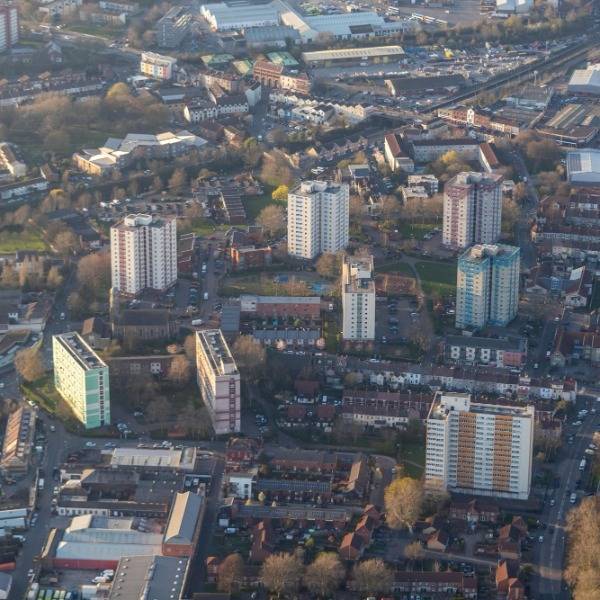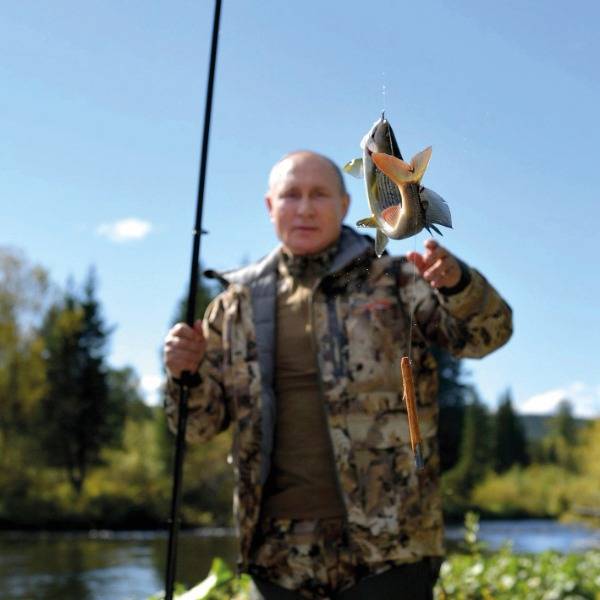
This article is a preview from the Summer 2018 edition of New Humanist
Rania Abouzeid has spent 15 years reporting on the Middle East, for publications including the New Yorker, the Guardian and Time. Her latest book is “No Turning Back: Life, Loss, and Hope in Wartime Syria” (Oneworld)
Given the complexity of the Syrian War, how would you summarise the conflict?
There have been so many different stages. It started out as peaceful protests: men and women who took to the streets and had nothing but their voices. And then it morphed into an armed uprising. It was a very brutal crackdown from the beginning. Then it drew in foreign fighters and foreign states. And it is now a very messy, complicated and bloody proxy war.
Has Syria become a pawn as the global world order has shifted in recent years?
Yes, Syria is the latest stage of a proxy battle in the Middle East. But unfortunately we are used to these things now in the [region].
Can you describe exactly what the “Istanbul Room” is? You were the first journalist to report on it.
The “Istanbul Room” wasn’t an actual physical room. It was a code name. And it was one of the first organised attempts [beginning in 2012] to arm the Syrian uprising. It was led by the Saudis, and Qatar and Turkey were also involved, as were other states. It was overseen by a Lebanese politician. The idea was that there were middlemen who were in this “room” who would identify battalions on the ground that needed support. And it would funnel weapons, ammunition and support to those groups.
What do you think has been the legacy of US policy on Syria thus far?
Confusion mainly. One that many Syrians have told me they struggle to understand.
There are many accounts here of Syrian refugees migrating to Europe, fleeing war. What was the most prevalent theme you witnessed from these individuals seeking new lives elsewhere?
That they all want to go home. And that they would much rather be in Syria. I haven’t met a Syrian who doesn’t want to go home. That is the overwhelming impression I am left with after speaking with refugees in many different countries: whether that is in Lebanon, Jordan, Turkey or in the European states. The other thing I noticed about many of the Syrian refugees that I know is how quickly they assimilate and learn European languages. And how resilient they are and willing to adapt for what many of them hope will be a temporary stay.
Do you think the war has received less attention than other conflicts?
I don’t know if that’s true. It’s a long conflict, which is into its eighth year now. And it’s a very difficult and complicated story. It’s in the news. But we really only catch the headlines.
How about the accusation that the west doesn’t care?
If we are talking about humanitarian policy, yes, it’s true, the west doesn’t care too much. All of the UN humanitarian organisations are crying out for funding, and they have been consistently under-funded. The need is huge and it hasn’t been met.
You write in the book how Bashar al-Assad “knows how to play the waiting game of Middle East politics”. What exactly do you mean by this?
It’s the same policy adopted by his father [Hafez al-Assad]. These are men that stay in power for generations.
What role did social media play in the earlier stages of the Syrian uprising?
Social media was key. It meant activists could bypass state control. The media was strictly monitored in Syria. The ability to just tweet or film something – unfiltered – put it onto social media, and get it out into the world, was huge. It democratised information, allowing us to hear voices that we may not have previously heard.
And from the Syrian government side: did it allow surveillance too?
Well, Facebook used to be blocked in Syria, up until 2011.And the Assad opponents that I talked to thought the unblocking was less a method of reform but more of a security measure, so that the [government] could monitor calls of dissent.
How much of a turning point in the conflict was May 2011, when the Syrian regime freed prisoners belonging to Islamist political movements?
Many of those Islamists regrouped on the outside and came to form the Islamist [rebel] battalions. Had these men stayed behind bars, the trajectory may have been very different. Or we may have ended up at the same point; but it may have taken a lot longer.
The Turkish border crops up continually in the book. Especially how fighters are entering into Syria from Turkey. Is the Turkish government doing enough in this regard?
It wasn’t that the Turkish authorities allowed fighters into Syria; they just allowed everyone into Syria. Initially, that is, when the southern Turkish border with northern Syria was quite porous. That was for humanitarian reasons. There were a lot of refugees fleeing and the Turks were letting them in.
When did the Turkish border policy change?
Around 2014. Then things started to get stricter. So it wasn’t that the Turkish government was turning a blind eye to Islamist foreign fighters. It was the lack of border protocol for anybody, including people coming in and out of Syria.
Has Assad’s policy of previously allowing jihadists into Syria from Iraq come back to haunt him?
No. It served his purposes. Because he has portrayed his battle as a war against terror. These jihadis have been useful to him.
You document the evolution of various jihadi groups – Al Qaeda, ISIS and Al-Nusra – in Syria. Which of the groups is the strongest?
All of the jihadi groups are weak now. Islamic State especially has been reduced to sleeper cells. But when Al Qaeda entered Syria, it did so under a different name, Jabhat Al-Nusra. It hid its Al Qaeda lineage, because it didn’t want to be tainted with their mistakes: namely the way they dealt with the people and the communities. It was only exposed when Abu Bakr al-Baghdadi – the leader of the Islamic State of Iraq – announced the formation of ISIS [in April 2013]
What has been the greatest factor leading to the demise of these various jihadi groups?
In-fighting. And also the international effort against ISIS, in both Syria and Iraq.
Having interviewed many of the fundamentalists, were you able to understand their mindset?
I knew many of them for years. You begin to see their thoughts, actions and worldview. You see how in some cases it changes, and in other cases it doesn’t. And you also see why they claim to carry out these acts and believe the things they do. But generally there is never a “one size fits all” mould for these men.
What does it feel like to report from within a war zone?
I’m not an adrenalin junkie. That isn’t my motivation for being a journalist. These are frightening and dangerous places and I’m always aware of that fear. But the important thing is how to deal with that fear. If you lose touch with that, you become numb to the dangers of the environment and you can become a danger to yourself.
This book documents, for the most part, the lives of ordinary Syrians: how did you decide whose story to include and what was true or false?
You have to be highly sceptical of everything and verify as much as you can. Just because somebody says something, doesn’t mean it’s true. Especially in a highly supercharged situation like war, when people are trying to persuade you of a certain thing. It’s our job [as journalists] to sift through the information and present as accurate a picture as we can.
What’s the point of reporting on such a prolonged and seemingly intractable conflict?
Bearing witness is essential so that at the very least people cannot say they didn’t know what was happening. I have no power over how my journalism is perceived, and what, if any, impact it has. Those things are beyond my control. All I can do is my job – to bear witness and then amplify what I have seen, heard and learned so that others who weren’t there can know what has and is happening. I would like to think that our reporting of human rights violations might somehow shame the powers that be into acting to stop those violations, but all the ink expended on the Syria story over the years seems to have done very little to lessen the ugliness of the conflict.
Does the propaganda and conspiracy theory associated with this war make reporting on future conflicts harder?
Propaganda in wartime is probably as old as wartime, but the ability to broadly disseminate untruths via social media is a relatively new development. Facts are no longer sacred. People no longer argue whether or not a bombing was justified or not – the very fact that there was a bombing is now called into question. Scepticism is healthy but when it veers into the incredulous, as it has over and over again, it becomes dangerous and spiteful. It artificially widens the gap between warring sides. The echo chamber of social media amplifies these false messages, mixing them in with reported facts, making it difficult for people to sometimes tell the difference. It is a major challenge of journalism, and one we must rigorously counter by verifying information and being transparent about what we know and how we know it.
Is there a wider problem?
The phenomenon isn’t restricted to wars and places lacking a tradition of investigative journalism. When White House staffers reference “alternative facts” and claim news that doesn’t suit them is “fake news”, when some US media personalities and their supporters insist the victims of school shootings, for instance, aren’t really victims but “crisis actors”, there’s something very wrong.
Nonetheless, I’m a big believer in the power of facts. Information is power. Verified, on-the-ground reporting – not opinion – shouts the truth, even if an army of Twitter trolls spam us with messages saying otherwise. And for the record, in Syria propaganda and conspiracy theories have been spread by all sides. We must counter these false narratives when we can with facts, and not fear the social media backlash by partisans of one side or the other.

